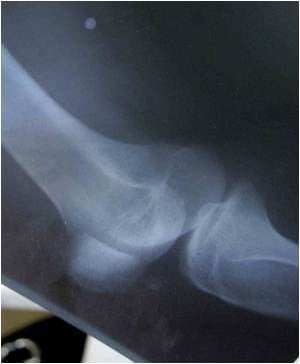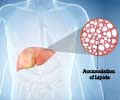
"This assay is important because researchers and pharmaceutical companies need a dependable method for sensitively detecting a small amount of cathepsin K and quantifying its activity to develop inhibitors to the enzyme that can fight the diseases while minimizing side effects," said Manu Platt, an assistant professor in the Wallace H. Coulter Department of Biomedical Engineering at Georgia Tech and Emory University.
Cathepsin K is required to maintain adequate calcium levels in the body, but it can be highly destructive because it has the ability to break down bone by degrading collagen and elastin.
According to Platt, the major advantage of this protocol is the definitive knowledge that mature cathepsin K is being detected in cells and tissues - and not its immature form or one of the other 10 cathepsin varieties: B, H, L, S, C, O, F, V, X or W.
Another advantage is the reduced cost but more sensitive. The new assay allows cathepsin K to be detected in quantities as small as a few femtomoles and does not require antibodies, which can be expensive and cannot be used across different species.
In addition, zymography allowed the researchers to measure the activity of the enzyme, whereas Western blotting just measured its presence.
Advertisement
"This research should provide new information on a number of existing pathophysiological conditions where cathepsin K activity had been previously undetectable," added Platt.
Advertisement
Source-ANI













